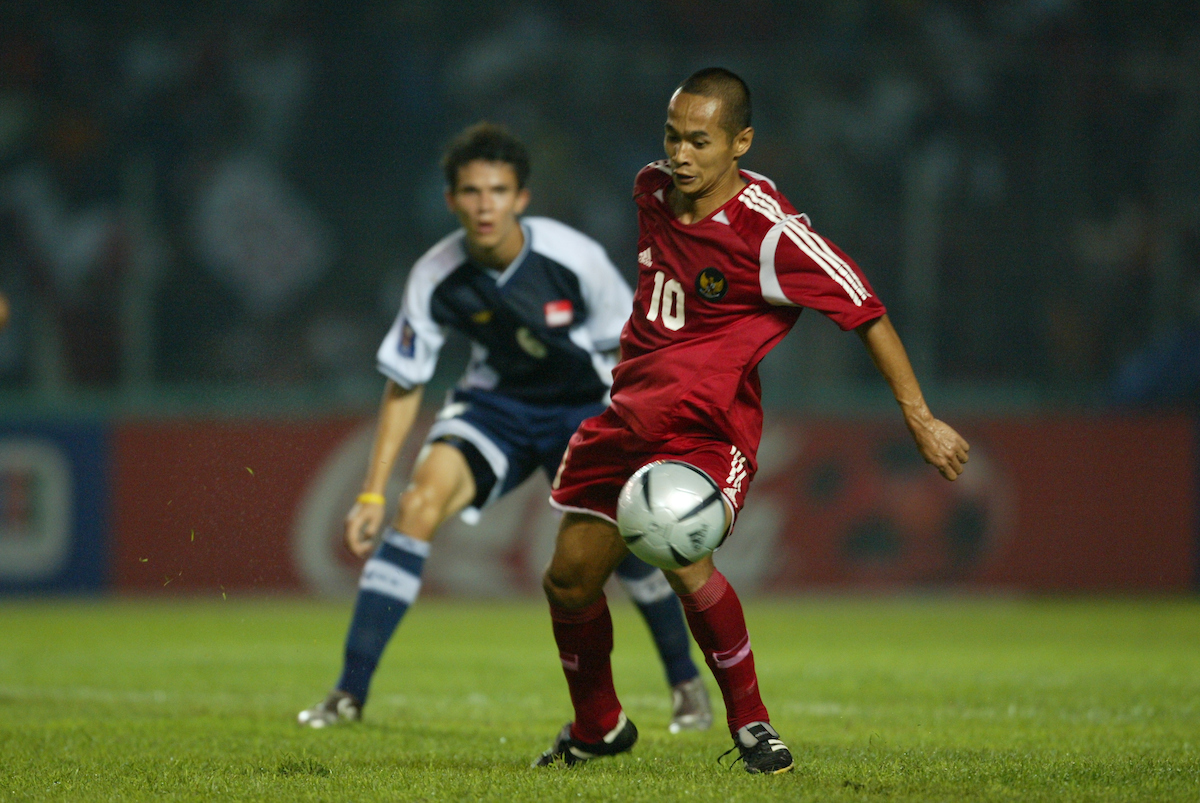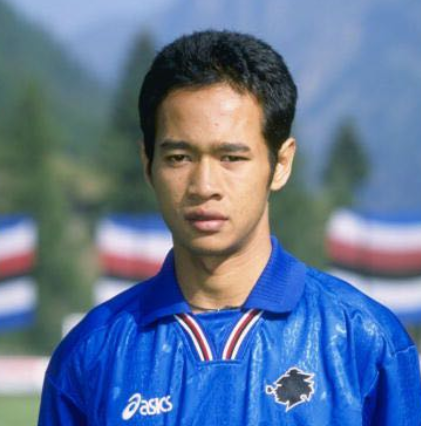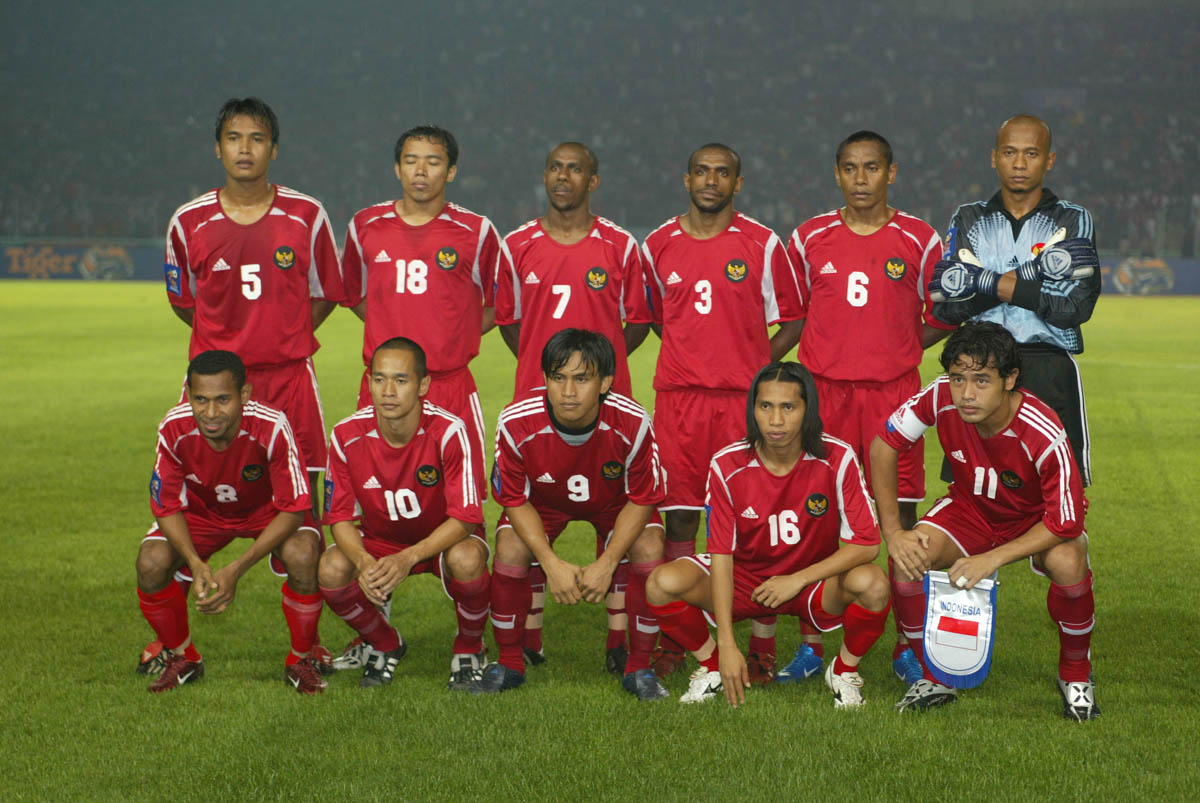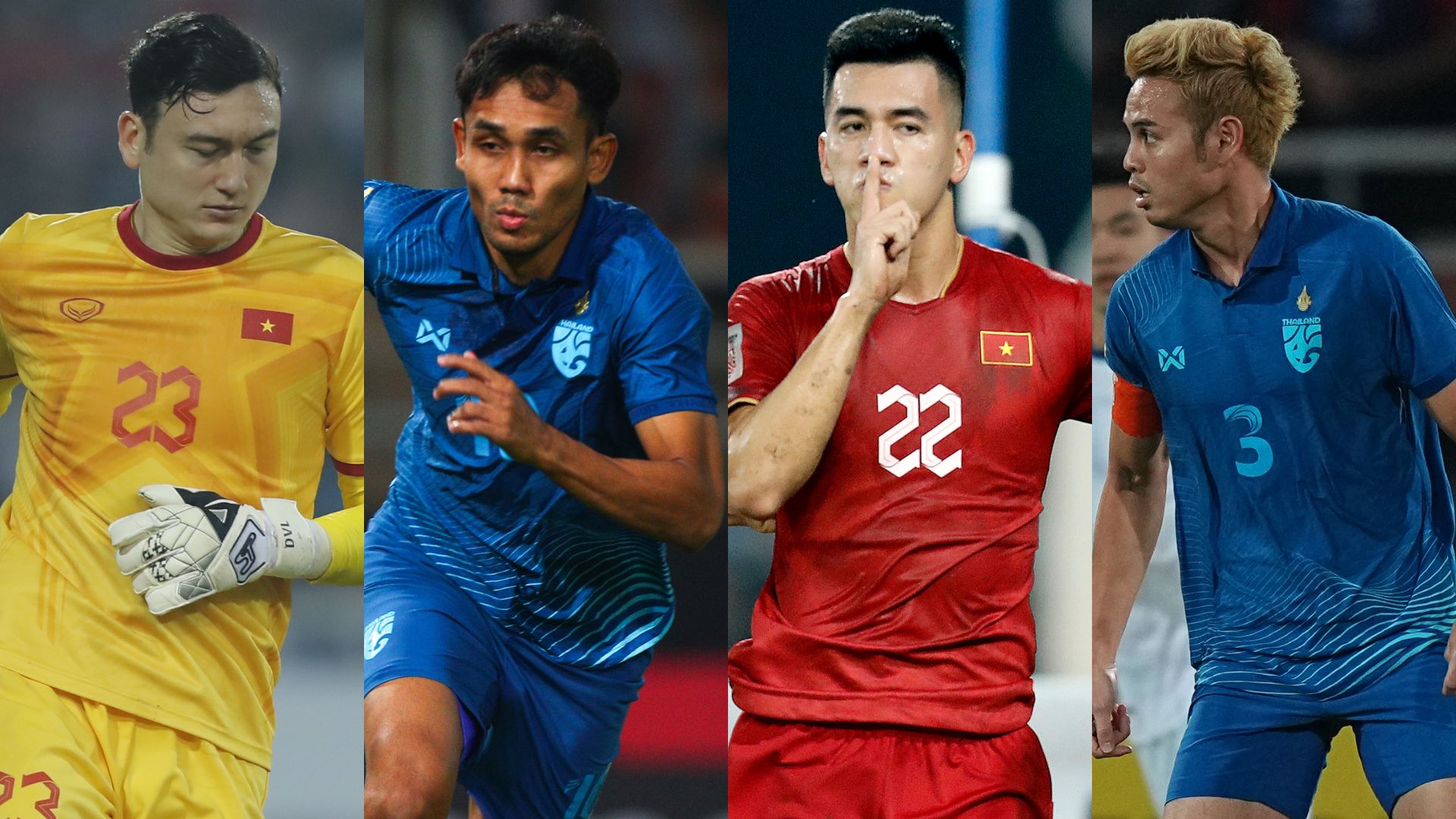AFF Suzuki Cup Icons: Kurniawan Dwi Yulianto (Indonesia)

Indonesian football idol Kurniawan Dwi Yulianto competed in the first three editions of the ASEAN Football Championship and the 2004 tournament, helping to play an important role in the birth of the region’s biggest and most important football tournament.
They called him ‘Kurus’, which means skinny, due to his lightweight frame but he was a heavy weight on the pitch during a career that saw him become one of his country’s greatest players alongside the likes of Bambang Pamungkas.
The star striker, from Central Java, was part of the Indonesian team that finished runner-up in the ASEAN Football Championship in 2000 and 2004, and with 13 goals in the tournament (one more than Bambang) he is his country’s top scorer in the competition.
Age: 42
Clubs: PSSI Primavera, Sampdoria Primavera, FC Luzern, Pelita Bakrie, PSM Makassar, PSPS Pekanbaru, Persebaya Surabaya, Persija Jakarta, Sarawak, PSS Sleman, Persitara, Persisam Putra Samarinda, Persela Lamongan, PSMS Medan, Tangerang Wolves, Pro Duta FC, Persipon Pontianak
International Appearances (Goals): 59 (33)
ASEAN Football Championship appearances: 2004, 2000, 1998, 1996
European adventure
Kurniawan is one of the few players from Indonesia to have played in Europe and this, rather uniquely, came early on in his career when he played for the Sampdoria Primavera youth team – part of a collaboratory project with the Indonesian Football Association (PSSI) in 1994 which saw the Indonesian junior team train in Italy for two years.
His time there was quickly rewarded when in 1994 he was offered a contract with the Swiss club, FC Luzern, at the age of 18. A goal against FC Basel was one of his highlights with the Swiss media regularly reveling about his performances. In fact, he scored three goals in 12 appearances and also became the first Indonesian footballer to play in the Intertoto Cup.
Sadly, frequent injuries forced the talented footballer to return to Indonesia after just one season.
And so began nearly two decades of playing for the top teams in Indonesia. Most noticeably he won the Indonesian Football League twice, the first in 2000 with PSM Makassar, and the second in 2004 with Persebaya Surabaya.
In 2005, he played for Sarawak in the highly-competitive Malaysian League – the same year Bambang left for Selangor – but despite regularly finding the net he decided to return to Indonesia at the age of 30.
He participated in virtually all tournaments and competitions at various regional levels that Indonesia was eligible to take part in, and was part of the Red and White team that were runners-up at the 1995 and 1997 SEA Games.
AFF pedigree
One of his most memorable moments came in the 2004 ASEAN Football Championship, against Malaysia. The Merah Putih lost the first leg 2-1 in Jakarta, despite Kurniawan giving them the lead after just six minutes.
And when Malaysia went one nil up in the first half in the next game there looked no way back for the Indonesians. However, Kurniawan was the catalyst for the comeback scoring in the 59th minute before his side netted three in the span of 10 minutes to win 4-1
Singapore beat them in the final 5-2 but Kurniawan’s five goals in the tournament will long be remembered by lovers of Indonesian football.
In 2000, he found the back of the net on three occasions to help his side reach the final, where Thailand defeated them 4-1 – marking the start of three finals on the trot where Indonesia finished second.
In the inaugural ASEAN Football Championship in 1996 he scored four goals, including one in the third place match against Vietnam, which they lost 3-2.
And in 1998, he helped Indonesia finish third, opening the scoring in their third place match against Thailand. The game ended 3-3 before Indonesia triumphed 5-4 on penalties.
Still a name in the game
In 2016, Kurniawan put his name forward to become the new chairman of the PSSI in the hope that his wealth of experience as a player would benefit the association. He wasn’t elected but the fact that he challenged for the role showed that his love for the game, and his competitive spirit, still burns bright long after his playing days.
Today he remains active coaching soccer schools – he has held an AFC coaching license since 2010 – and regularly appears on television as a football commentator.























